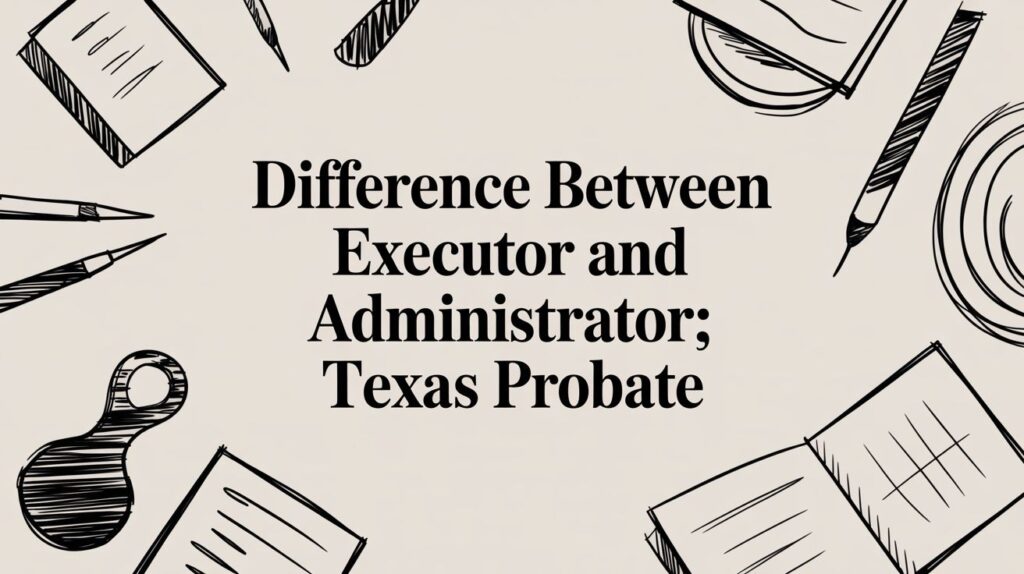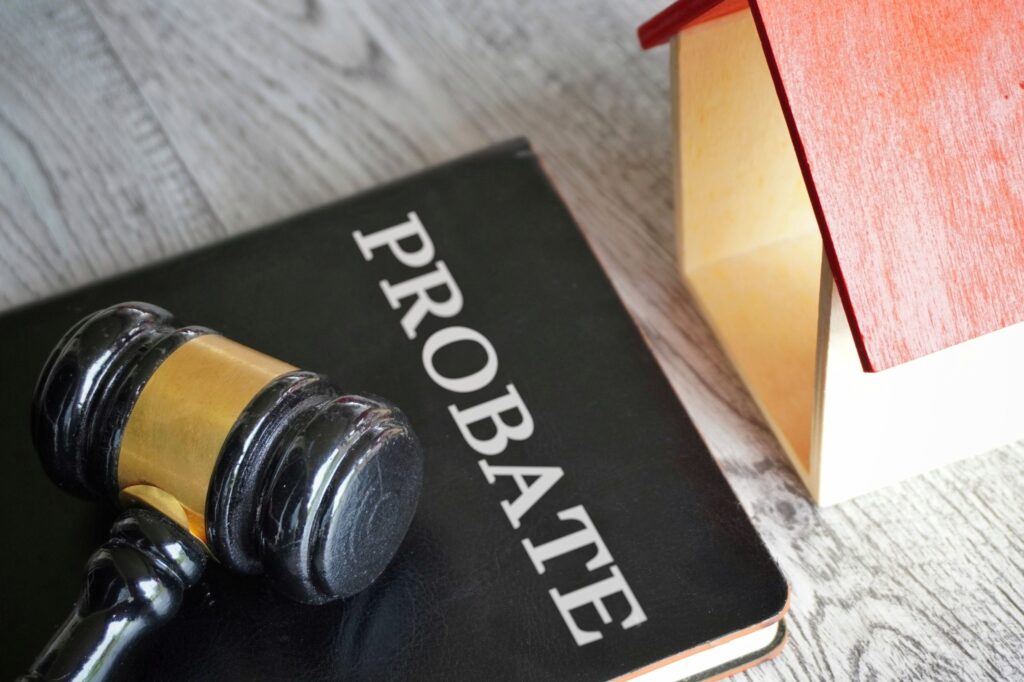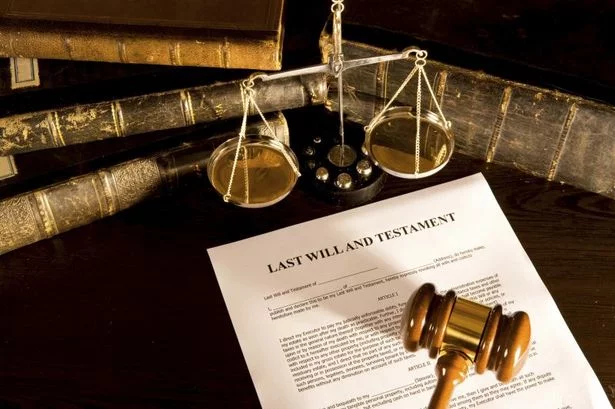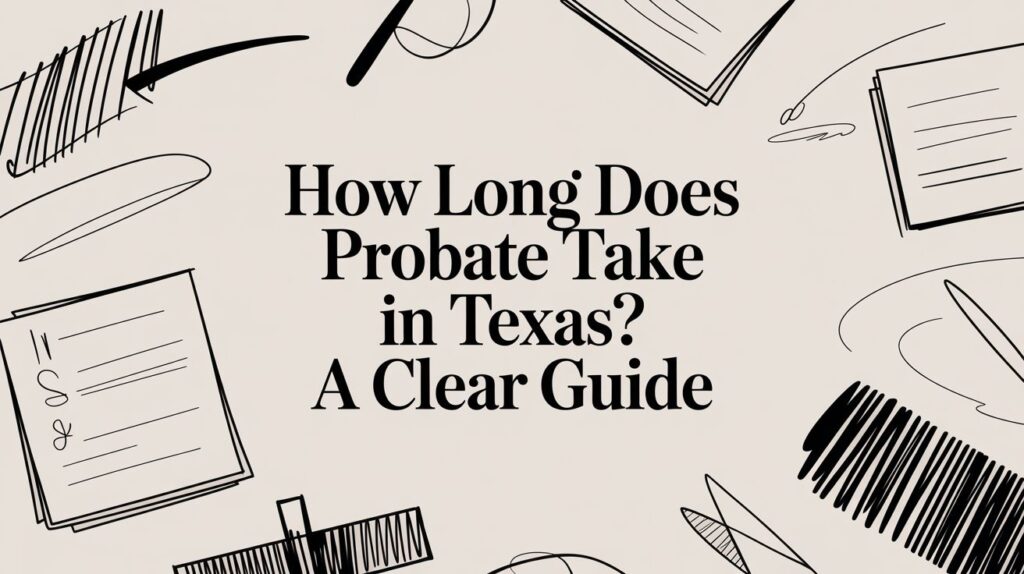If you’re handling a loved one’s estate or preparing your own, one big question you’ll eventually face is: what gets distributed in probate in Texas? It’s a crucial question—and not always as simple as it sounds. Probate isn’t just a legal formality; it determines who gets what, when, and how. Misunderstanding this process often leads to family conflicts, unexpected costs, and even legal disputes that could have been avoided.
In this in-depth guide, we’ll walk you through what assets go through probate in Texas, what gets distributed, and the common mistakes to avoid during asset division. With a conversational tone, real-life scenarios, and a clear analytical breakdown, this article will help executors, heirs, and planners alike feel more confident navigating the Texas probate system from start to finish.
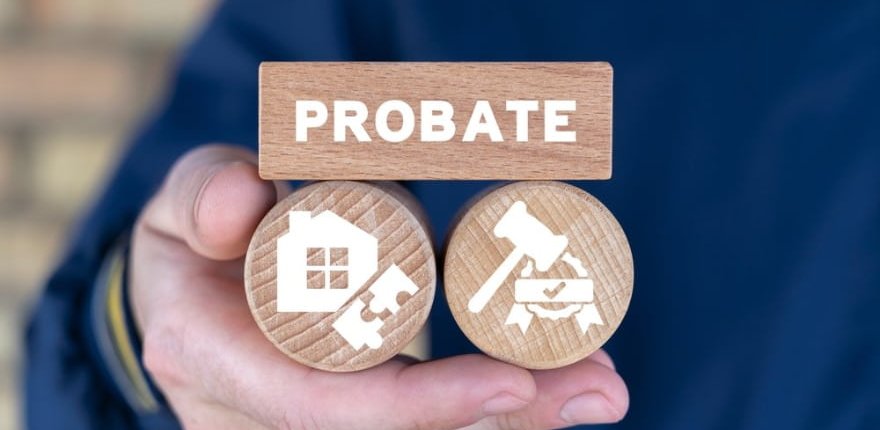
Why Understanding What Gets Distributed in Probate in Texas Matters
Probate ensures a deceased person’s estate gets properly administered. In Texas, that process can move efficiently—if you know what to expect. However, if you’re unsure about what gets distributed in probate in Texas, things can quickly spiral into confusion and unnecessary expense.
Not every asset requires probate. Some assets transfer automatically, while others need court involvement. Failing to understand the difference between them can delay distributions, increase legal fees, or result in heirs receiving far less than expected.
By knowing what actually gets distributed in probate, you can:
- Create stronger, more intentional estate plans
- Minimize disputes among beneficiaries before they arise
- Avoid costly court delays and reduce the need for intervention
- Save significantly on attorney and court fees
Let’s now explore exactly how this plays out in practical terms.
Real-Life Story: James and the Surprise Condo
James, a 38-year-old from Austin, was named executor of his mother’s estate. Her will left everything to him and his sister, split equally. The process seemed straightforward. However, when he reviewed her assets, he discovered that her condo lacked a transfer-on-death deed, a co-owner, or a trust.
Consequently, the condo had to go through probate—despite their assumption it would pass via the will. This misstep delayed the process by five months and added over $4,000 in court and legal fees to the estate’s expenses.
James’s story reveals why understanding what gets distributed in probate in Texas can make or break an otherwise smooth administration. Being proactive pays off.
Probate vs. Non-Probate Assets: What’s the Difference?
To understand what gets distributed in probate in Texas, you first have to distinguish between two categories of property:
Probate Assets
These are assets owned solely by the deceased, without a named beneficiary or co-owner. They include:
- Real estate titled in the decedent’s name only
- Bank accounts without a payable-on-death (POD) designation
- Personal property (jewelry, art, vehicles)
- Stocks, bonds, or investments without transfer-on-death (TOD) designations
- Business interests (sole proprietorships or partnerships)
Non-Probate Assets
These assets bypass probate and go directly to the named beneficiary or surviving co-owner:
- Joint accounts with rights of survivorship
- Life insurance policies with a named beneficiary
- Retirement accounts (IRAs, 401(k)s) with a beneficiary designation
- POD and TOD accounts
- Trust-held assets

The key distinction? Probate assets are controlled by the will and court; non-probate assets are not. That’s why it’s critical to identify and separate these early on.
What Gets Distributed in Probate in Texas? A Detailed Look
So now let’s answer the central question: what gets distributed in probate in Texas? Here’s a breakdown of typical probate-distributed property.
1. Solely Owned Real Estate
If a person dies owning property in their name only (not in joint tenancy or a trust), it goes through probate.
- This includes primary residences, rental properties, land, and vacation homes.
- A transfer requires a court order or judgment, and possibly a new deed.
2. Bank Accounts Without Beneficiaries
Accounts that don’t list a POD beneficiary must be probated before funds can be released.
- This includes checking, savings, and money market accounts.
- The executor must present letters testamentary to access funds.
3. Vehicles
Cars, trucks, and motorcycles in the decedent’s name usually go through probate unless there’s a valid affidavit of heirship or small estate affidavit available.
- Titles can’t be changed until probate is opened.
- Fees for title transfer may apply.
4. Personal Property
This category includes household goods, electronics, furniture, jewelry, and collectibles.
- Often overlooked, these items still require distribution under the will.
- If there’s no will, the court determines heirship using Texas intestacy laws.
5. Business Interests
Ownership in an LLC, partnership, or sole proprietorship is a probate asset unless otherwise stated in the operating agreement or transferred into a trust.
- Valuation may be needed.
- Distributions can be complex if other business partners are involved.
6. Debts and Claims
Yes—debts are technically “distributed” in probate, meaning they’re paid from the estate before beneficiaries receive anything.
- Medical bills
- Credit card debt
- Mortgages
- IRS liabilities
Only after debts are paid does the court allow for final distributions to heirs.
Real-Life Story: Naomi’s Jewelry Dilemma
Naomi was the executrix of her grandmother’s estate in San Antonio. The will mentioned “family heirloom jewelry” to be divided equally among granddaughters—but there was no specific list. The collection was stored in a safe and included items of varying value.
Because the jewelry was considered probate property, it had to be appraised and inventoried, and a court had to approve the proposed division. The process took four months longer than expected—and created tension between Naomi and her cousins.
Knowing in advance that even small personal items can be part of what gets distributed in probate in Texas could have helped smooth the process.
Mistakes to Avoid When Dividing Probate Assets in Texas
Many executors and families make costly missteps when handling probate. Here are some common ones—and how to avoid them.
1. Skipping Legal Counsel
Even in straightforward cases, hiring a probate attorney ensures compliance with Texas Estates Code and avoids legal missteps.
2. Ignoring the Inventory Requirement
In Texas, executors must file an inventory within 90 days. Failing to do this can delay distributions or even result in court sanctions.
3. Distributing Assets Too Early
Some executors try to “pay out” heirs before debts are settled. If new claims emerge, it could result in clawbacks or personal liability for the executor.
4. Misidentifying Non-Probate Assets
Sometimes heirs assume everything must go through court, even accounts with named beneficiaries. Double-check titles and designations to avoid redundant legal steps.
5. Forgetting About Taxes
While Texas has no estate tax, final income taxes for the decedent still apply. Selling real estate may trigger capital gains tax as well.

Real-Life Story: Malik’s Expensive Oversight
Malik, acting as executor for his uncle’s estate in Fort Worth, distributed funds to heirs before checking for creditor claims. A hospital bill for $28,000 surfaced two months later. Because the estate was empty, Malik had to personally cover the debt.
This is one of the most common—and preventable—errors made when people misunderstand what gets distributed in probate in Texas and when distributions are legally allowed.
What About Homesteads and Exempt Property?
Texas law offers special protection to certain types of property, such as:
- The family homestead
- Personal items up to a certain value
- Tools of trade
- Certain vehicles
These “exempt” items may still go through probate but are treated differently. For example, the homestead may pass to a surviving spouse or minor children without being sold, and it can’t be used to satisfy unsecured debts.
This is an important nuance in understanding what gets distributed in probate in Texas, especially in smaller estates.
Tips to Make Probate Easier and More Efficient
Want to keep costs low and family harmony high? Here are practical strategies to help: these approaches can streamline theprobate process, reduce tension, and preserve more of the estate for beneficiaries.
1. Create a Detailed Will
Don’t just say “divide equally”—list what goes to whom. It saves time, confusion, and legal headaches later. Specific instructions can also prevent misunderstandings and reduce the risk of contested claims.
2. Use Non-Probate Tools
Add POD/TOD designations to accounts or create a revocable living trust. These assets avoid court entirely. Doing so also ensures faster access to funds for loved ones who may need immediate support.
3. Choose the Right Executor
Pick someone detail-oriented, communicative, and willing to follow legal procedures—no matter how close your family is. The right person can mean the difference between a smooth probate process and a drawn-out legal battle.
4. Talk to Your Heirs
Most disputes happen due to silence, not selfishness. Transparency builds trust and prevents future problems. Clear communication can also uncover questions or concerns you can address while you’re still alive.

Final Thoughts: What Gets Distributed in Probate in Texas?
So, what gets distributed in probate in Texas? The answer: all property that is solely owned by the decedent and lacks a legal mechanism to transfer it outside of probate. This includes real estate, financial accounts without beneficiaries, personal property, business interests, and more. Understanding these categories—and the pitfalls that come with each—is the key to navigating probate smoothly.
Whether you’re planning your estate or serving as executor, knowing what’s included in probate allows you to take control, reduce stress, and avoid common missteps. And while probate can be time-consuming, smart preparation ensures your loved one’s legacy is handled with respect and efficiency.




